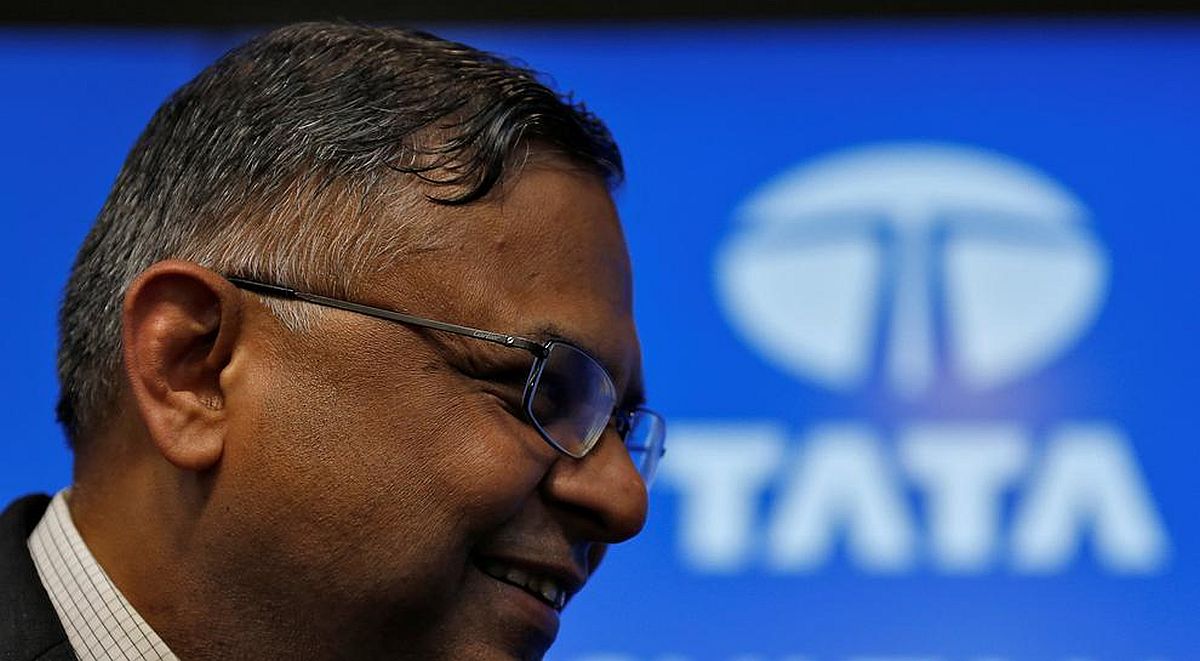Tata Sons is set to receive its highest-ever dividend of 32,722 crore (327.22 billion) in FY25 from Tata Consultancy Services (TCS) and plans to deploy the funds for its emerging ventures like semiconductors, electronics manufacturing and aviation.
In March, Tata Sons invested in the rights issues of IPO-bound Tata Capital by pumping in 1,500 crore (15 billion) and another 1,432 crore (14.32 billion) in Tata Projects. The Tata Capital IPO is expected by September. The Tata group is investing 91,000 crore (910 billion) in the Dholera semiconductor fab first plant project, which is expected to be completed by December 2026.
Another big-ticket investment is in Assam's semiconductor ATMP project project with an investment of 27,000 crore (270 billion). It is expected to be ready by March next year. In FY24, the Tata group used the TCS dividend proceeds to fully repay bank loans, thereby becoming a debt-free company.
According to rating firm ICRA, Tata Sons saw its cash surplus position rise to 3,042 crore (30.42 billion) as of March 31, 2024. The repayment and prepayment of debt were primarily funded via dividend income and share buybacks during financial year 2023-2024.
Some of its subsidiaries in the digital and aviation spaces are currently in the investment phase. So, funding support to these businesses is likely to continue over the medium term, ICRA had said in a statement in February this year.
Despite these investment requirements, ICRA said the credit profile of Tata Sons will remain robust due to healthy dividend income/ share buyback inflows and exceptional financial flexibility on account of the significant market value of its investments.
Of its total dividend, TCS had paid 24,931 crore (249.31 billion) as interim dividend for the nine months ended December 2025 during financial year 2024-2025. Tata Sons' second highest dividend was in FY23 at 30,418 crore (304.18 billion). It has infused sizeable equity into Air India so far and another round of infusion is expected this financial year, CRISIL had said in February this year.
Dev Chatterjee, Business Standard
